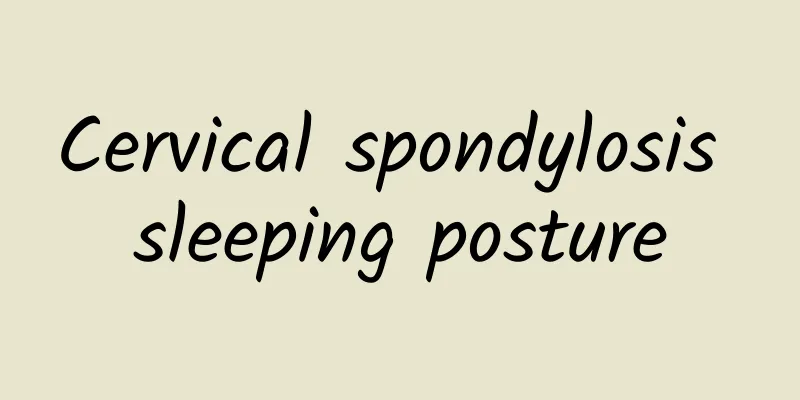What causes intestinal volvulus? Primary and secondary causes are different

|
Intestinal volvulus is a relatively common, rapidly developing intestinal obstruction disease, which can be divided into two types: primary and secondary. The primary cause of the disease is still unclear. The common secondary causes include anatomical factors, physical factors, and dynamic factors. The cause of primary intestinal volvulus is unclear and there is no anatomical abnormality. It may be caused by the fact that after a full meal, there are more undigested contents in the intestinal cavity. When there is a significant change in body position, the small intestine cannot rotate synchronously due to the weight sagging. Secondary intestinal volvulus is due to congenital or acquired anatomical changes, which results in a fixed point forming the axis of the intestinal loop twist. However, the occurrence of intestinal volvulus is often caused by the presence of the following three factors: 1. Anatomical factors: The mesentery of the twisted intestinal loop is too long, and due to congenital development or adhesion contraction, the root of the mesentery is too narrow at the retroperitoneum. Therefore, the most common sites of disease occurrence are the small intestine, transverse colon, sigmoid colon and the highly mobile cecum. Postoperative adhesions, Meckel's diverticulum, redundant sigmoid colon, congenital malrotation of the mid-colon, free cecum, etc. are all anatomical factors that cause intestinal torsion. 2. Physical factors: On the basis of the above-mentioned anatomical factors, the weight and capacity of the intestine increase and the intestinal peristalsis increases. For example, after a full meal, a lot of indigestible food flows into the intestinal cavity; or there are a lot of ascaris groups in the intestinal cavity; there are large tumors in the intestinal cavity, and a lot of dry feces are rushed in the sigmoid colon, etc. These are all potential factors causing intestinal torsion. 3. The strong peristalsis of the dynamic factors or the sudden change of body position cause the intestinal loops to produce asynchronous movement, causing the intestinal loops with a fixed axial position and a certain weight to twist. |
<<: Sequelae of encephalitis in children, this disease is the most common!
>>: What to do if the skin itches and pimples appear when scratched
Recommend
Can vocal cord paralysis heal on its own?
Vocal cord paralysis is a disease that is very di...
Why do I feel hot and cold at night?
When sleeping at night, everyone will easily expe...
What are the treatments for traumatic nosebleeds?
Traumatic nosebleed is caused by external reasons...
Why does a breastfeeding mother have chest pain?
Chest pain during breastfeeding is mainly caused ...
What to do if you have redness and swelling caused by paronychia
Speaking of paronychia, I wonder how many friends...
Chinese medicine foot bath improves cold hands and feet
Now more and more people are beginning to pay att...
The shit that comes out is green_The shit that comes out is green
Human excrement is a barometer of human health, a...
Differential diagnosis of prostatic hyperplasia
Prostate hyperplasia is believed to be a problem ...
The efficacy, effects and contraindications of magnolia flowers
Magnolia flower is also a common Chinese medicina...
The therapeutic effect of Chinese patent medicine for damp-heat in the lower jiao
Everyone wants to maintain good health. However, ...
What are the benefits of hot water bag waist
Many people know that hot water is a good thing. ...
Causes of low alkaline phosphatase
Various organs in our body contain different enzy...
Treatment of hemorrhoids in girls
Hemorrhoids are very common in our daily life. Gi...
What to do if pimples grow on your feet
Our daily activities cannot be separated from the...
Can paper be digested?
Many children often swallow tissue paper into the...









